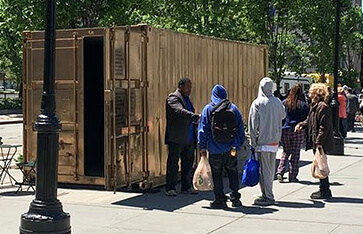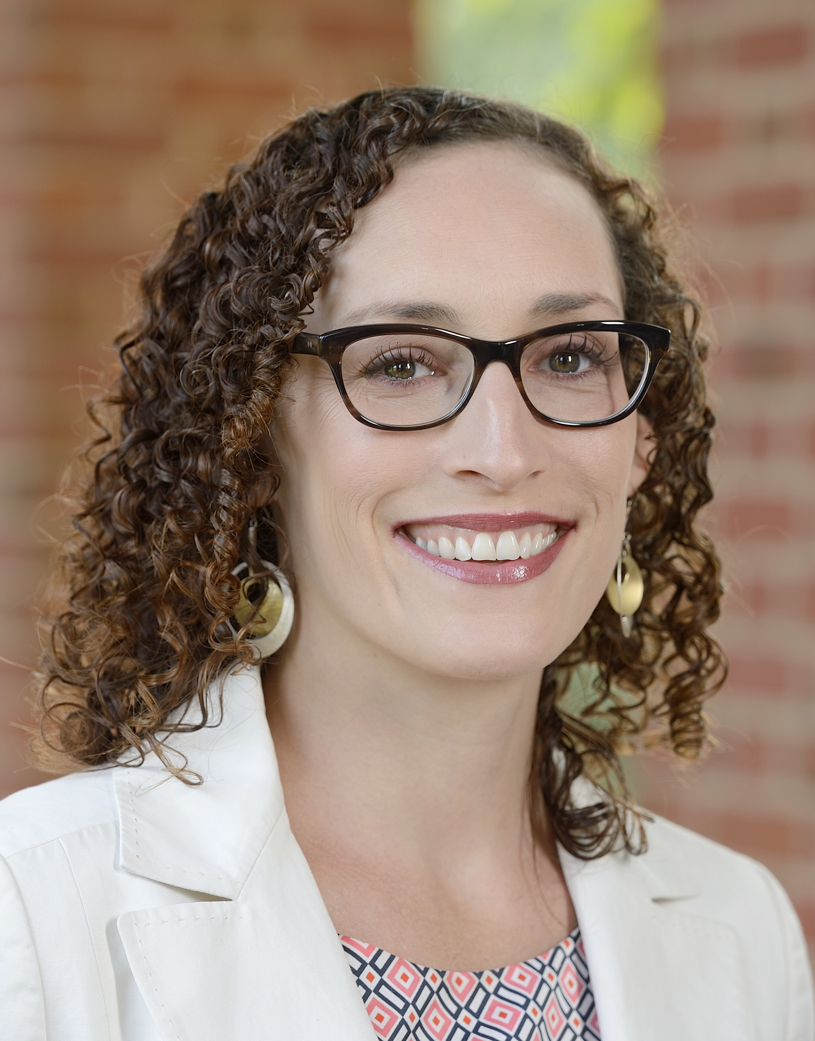Roger Hood Lecture: Portals to Politics: Grassroots Narratives of Policing in the “Low End”, Downtown Baltimore, South L.A., and the 53206
Speaker(s):
Associated with:
LECTURE: Portals to Politics: Grassroots Narratives of Policing in the “Low End”, Downtown Baltimore, South L.A., and the 53206
In 2015, Americans learned that public authorities in Ferguson, Missouri had imposed a ‘predatory system of government’ on poor black citizens through the police force. Yet, scholars had few theories for describing how people in highly policed neighborhoods come to understand state authority – the ‘hidden curriculum’ – and how they innovate in response. How is the power of state agents like police interpreted, resisted, or deployed by the citizenry? What discourses and ideologies do race-class subjugated communities draw on to make sense of their interactions with street-level bureaucrats? How do such communities reinterpret dominant ideas around the state and political authority to “better fit the realities” of their lived experience? How do they redefine or reframe conceptions of black and brown life and worth, public safety, American democracy? What visions of justice emerge?

I explore these questions using a new technology, “Portals,” to initiate conversations about policing and incarceration in communities where these forms of state action are concentrated. Portals are gold virtual chambers where people in disparate communities can occupy the same space and converse as if in the same room. Based on 1,000 recorded and transcribed conversations across ten neighborhoods in five cities (Baltimore, Chicago, Los Angeles, Milwaukee, and Newark), I analyze patterns in collective political discourse around the police and argue that those who live in places most marked by criminal justice interventions and crime characterize their relationship with the key institution of government present in their daily lives – the police – as one colored by distorted responsiveness flowing from a logic of collective blame and institutionalized expendability. Methodologically, I argue that by creating a ‘wormhole’ in places under-sampled in traditional survey techniques, and, crucially, by making access to these wormholes easy and free, Portals transforms the capacity of disparate people and communities to define their narratives, create connected political spaces, and expand the possibility of studying politics in beneficially recursive ways.

Vesla M Weaver is the Distinguished Associate Professor of Political Science and Sociology at Johns Hopkins University and a researcher in the causes and consequences of racial inequality in the United States


 Add to calendar
Add to calendar


